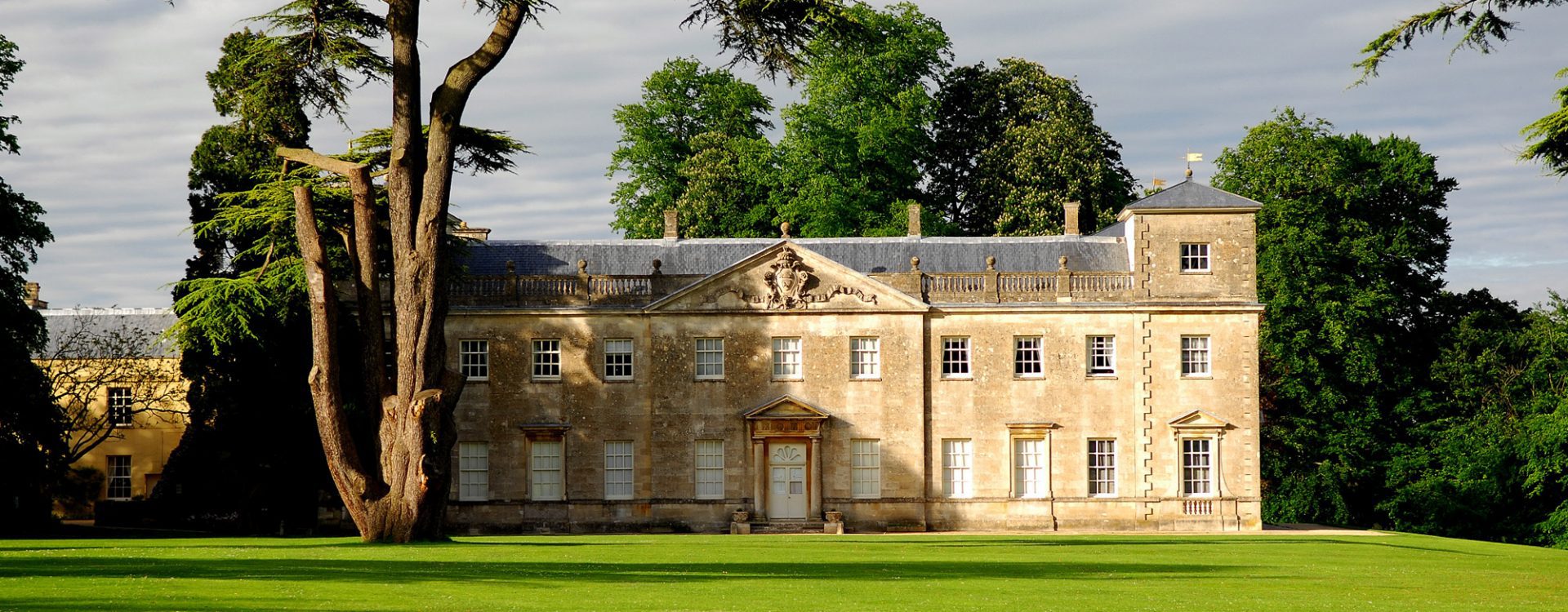

The Friends of Lydiard Park are an independent charity supporting and promoting interest, engagement and research into this important Palladian House, its beautiful grounds, the ancient church of St. Mary and the lives of people who have lived, worked and played here across the centuries.
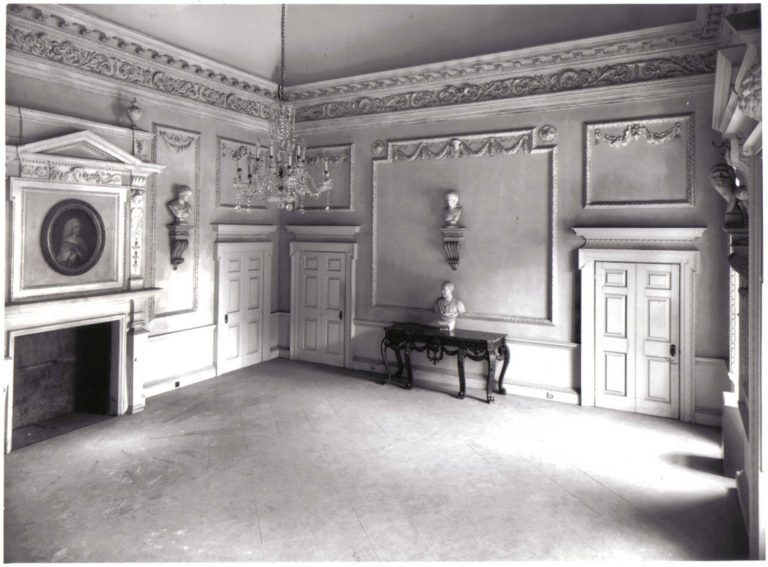
Date: 9th August, 2025
Time: 10:30 am
Venue: Lydiard Park, Meet outside front of House
Discover the fascinating archaeology unearthed by Chris and his team from Wessex Archaeology in 2004-5, including traces of a Roman Villa and a boathouse
Step into the story of Lydiard House and Park and explore the interesting, quirky and sometimes scandalous tales from its fascinating past and ongoing history.
Visit the Lydiard Archives, our unique on-line collection of objects, portraits, records, manuscripts, photographs, memories, and ephemera related to Lydiard Park.
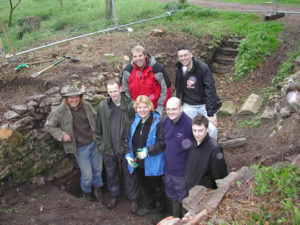
Archaeological investigations at Lydiard Park have usually been in response to restoration and development initiatives by Swindon Borough Council, the most extensive being undertaken in 2004 by Wessex Archaeology. Read more
Discover this beautiful mansion and parkland through all the seasons. Enjoy our year-round Nature Watch, and fun family indoor and outdoor trails, and explore its historic features, landscape, and architecture.
Following the results of the Big Butterfly Count 2024, Butterfly Conservation have declared a butterfly emergency, and they...
It’s high summer and time to enjoy the colours and scents of the season! The long, warm evenings are the perfect time for...
Family Discovery Trails Put on your family detective hats and follow our three cartoon trails to explore Lydiard Park,...
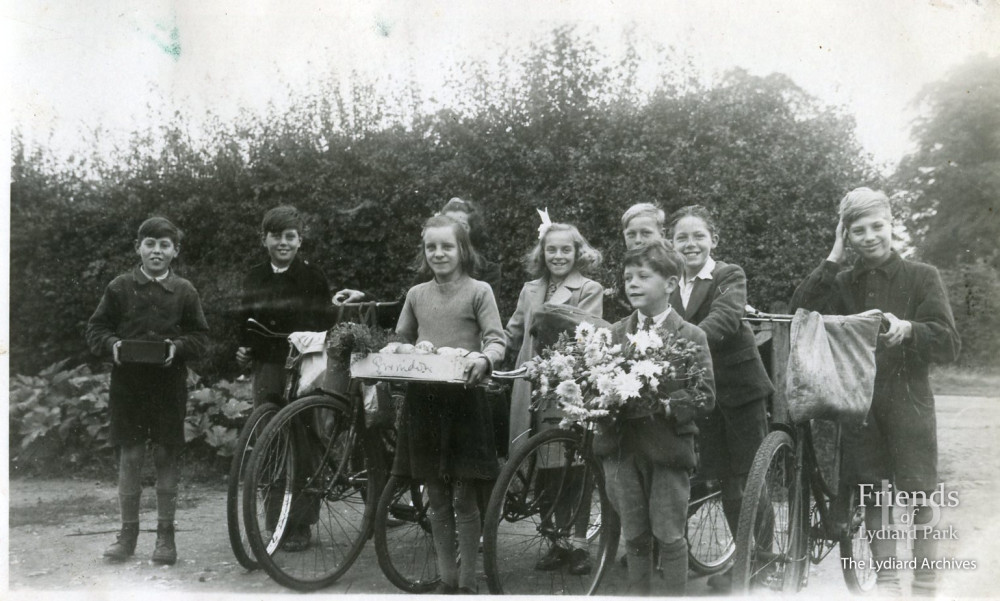
We’d love to hear your memories of Lydiard. The house, park, and church have all featured in the lives of many local people, from early farming families to the residents of the 1950’s Lydiard Park Estate, and those who have grown up with the park as their playground and backdrop to memorable events. Do you have a story or photograph you’d like to share?
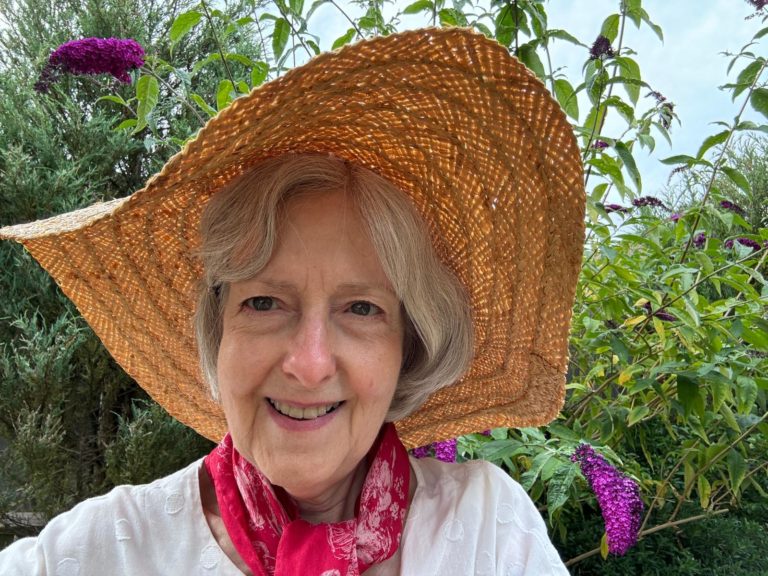
Penelope shares with us her fascinating Ayliffe family history which is intertwined with Lydiard and the St.John family, and how a chance encounter in a telephone book revealed over four hundred years of genealogy and stories. Over to you, Penelope!
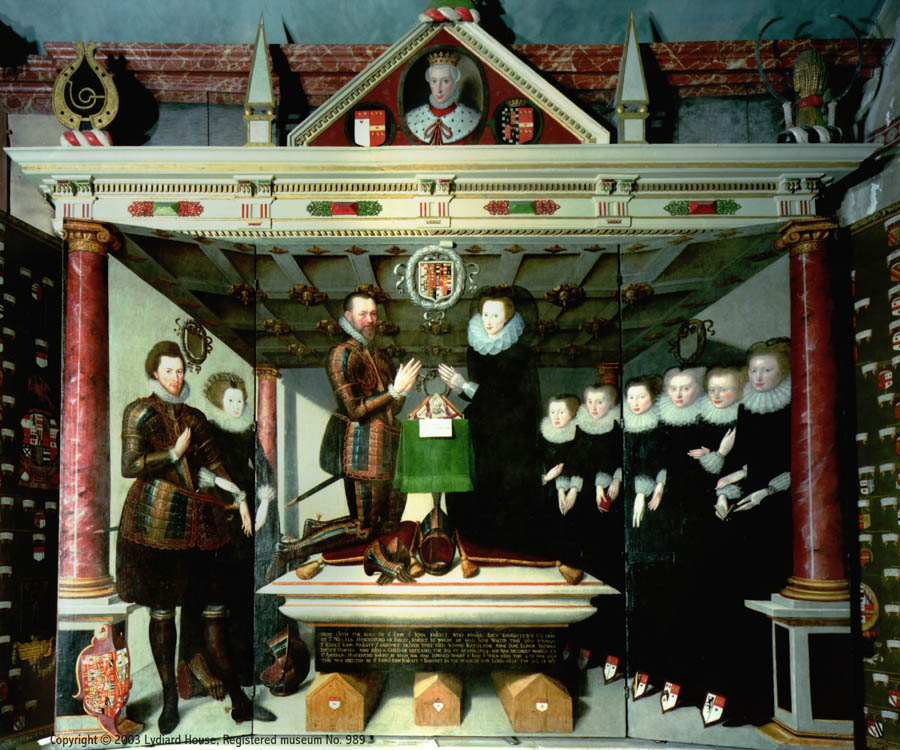
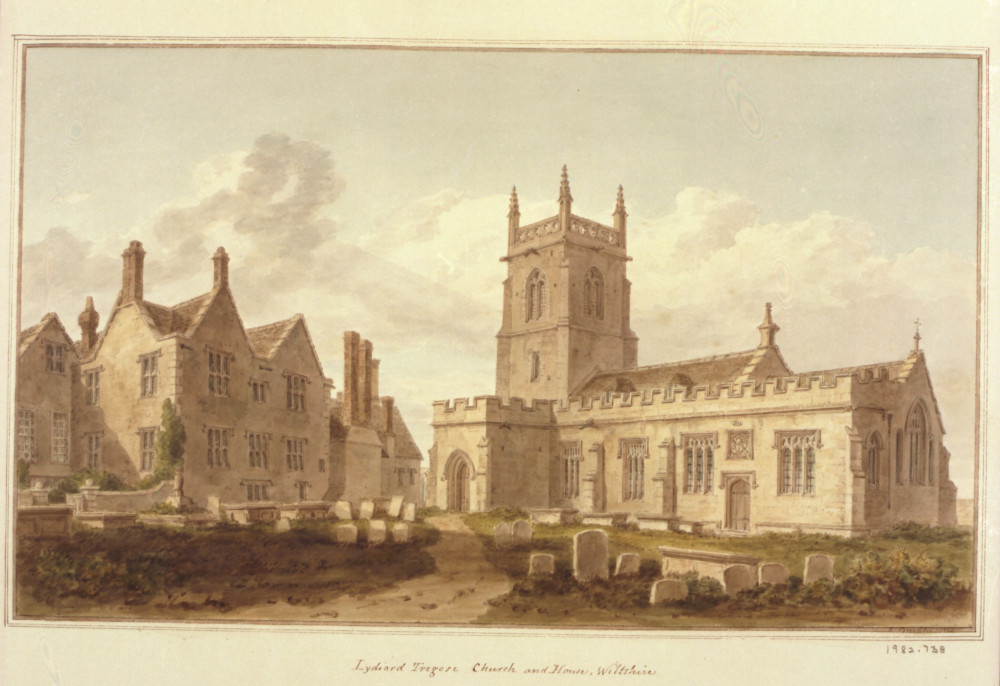
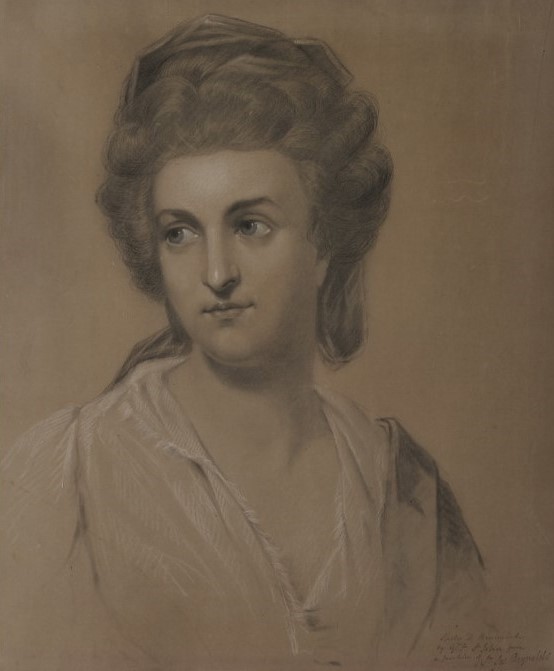
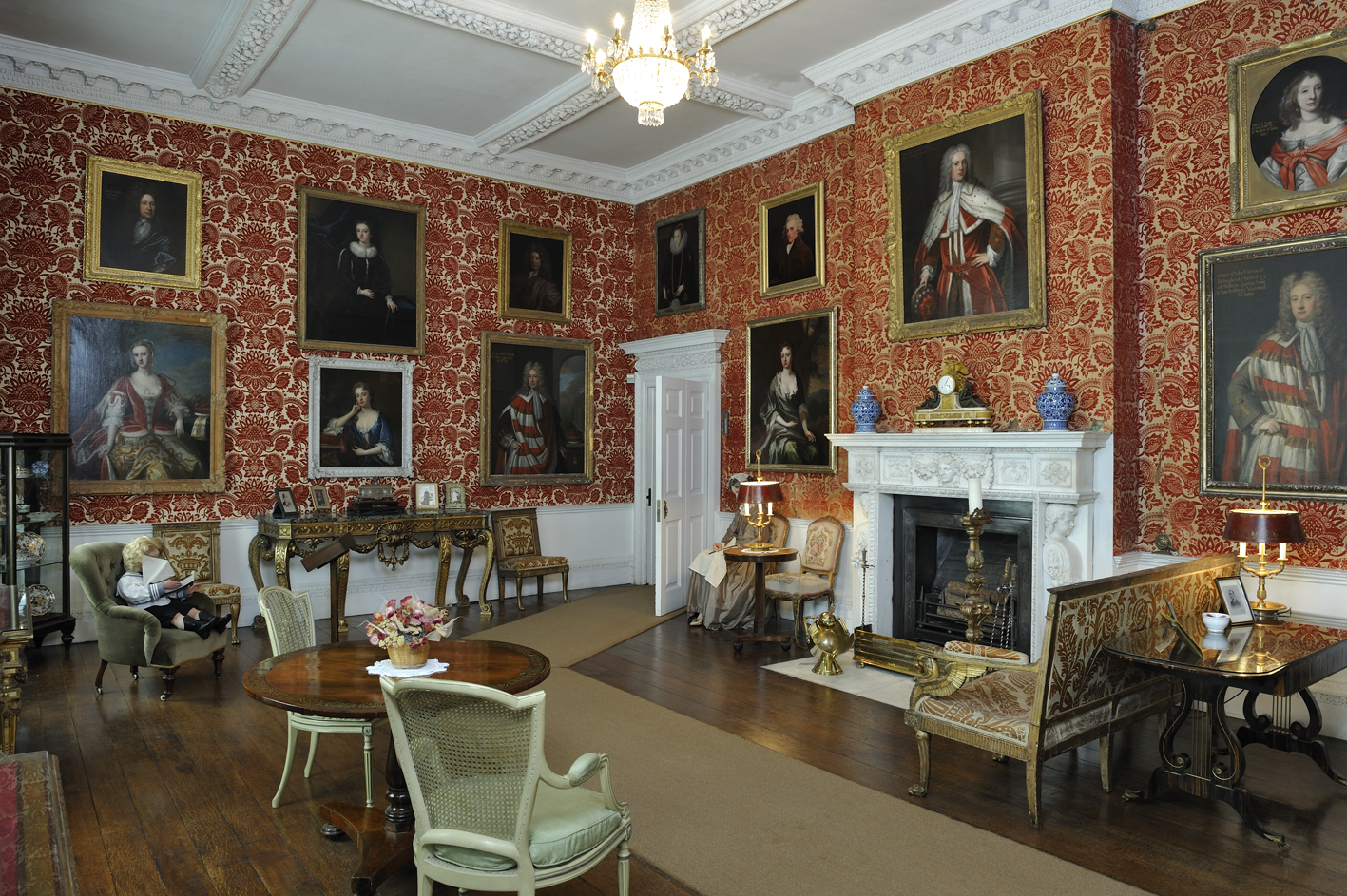
Lydiard House and Park are all that remain of a once great estate which belonged to the St,John family, Viscounts Bolingbroke, for over 500 years. You can see their portraits, from Elizabethan times onwards, in the elegant State Rooms of Lydiard House and monuments to them adorn the adjacent Church of St. Mary’s.
The St. John’s story is inseparable from the great events of British history, affected by their kinship to the Tudor monarchy and played out in their tragic involvement in the bloody Civil War. Political fame in the 18th century was followed by years of financial decline triggered by the 2nd Vsct. Bolingbroke’s penchant for gambling and lavish expenditure. As the St. John’s fortunes declined Lydiard House fell into increasing neglect, eventually leading to its sale to Swindon Corporation in 1943.
The St. John’s departure was by no means the end of the story. Swindon Corporation’s purchase and restoration of Lydiard House and Park, is a remarkable tale of vision and determination, shared and remembered by many thousands of people to this day.
Abundant further resources and information about Lydiard Park, the St.John family and their history can be found at The Lydiard Archives, the digital resource library created by The Friends of Lydiard Park. Members of the Friends of Lydiard Park also enjoy unlimited access to the online St.John Family Tree, with over five thousand people and fifteen hundred places related to the St.John Family dating back to the 8th Century.
Join Us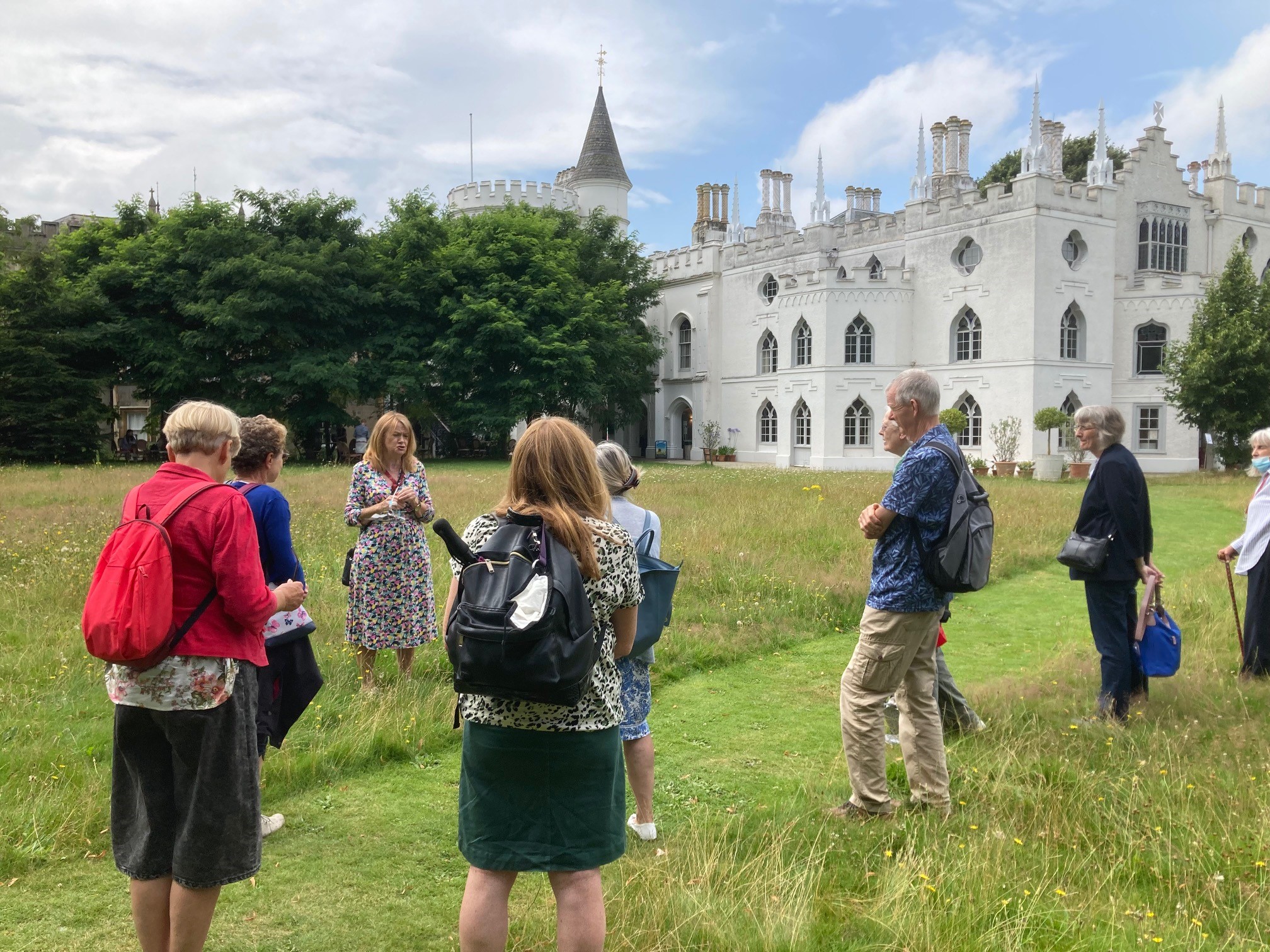
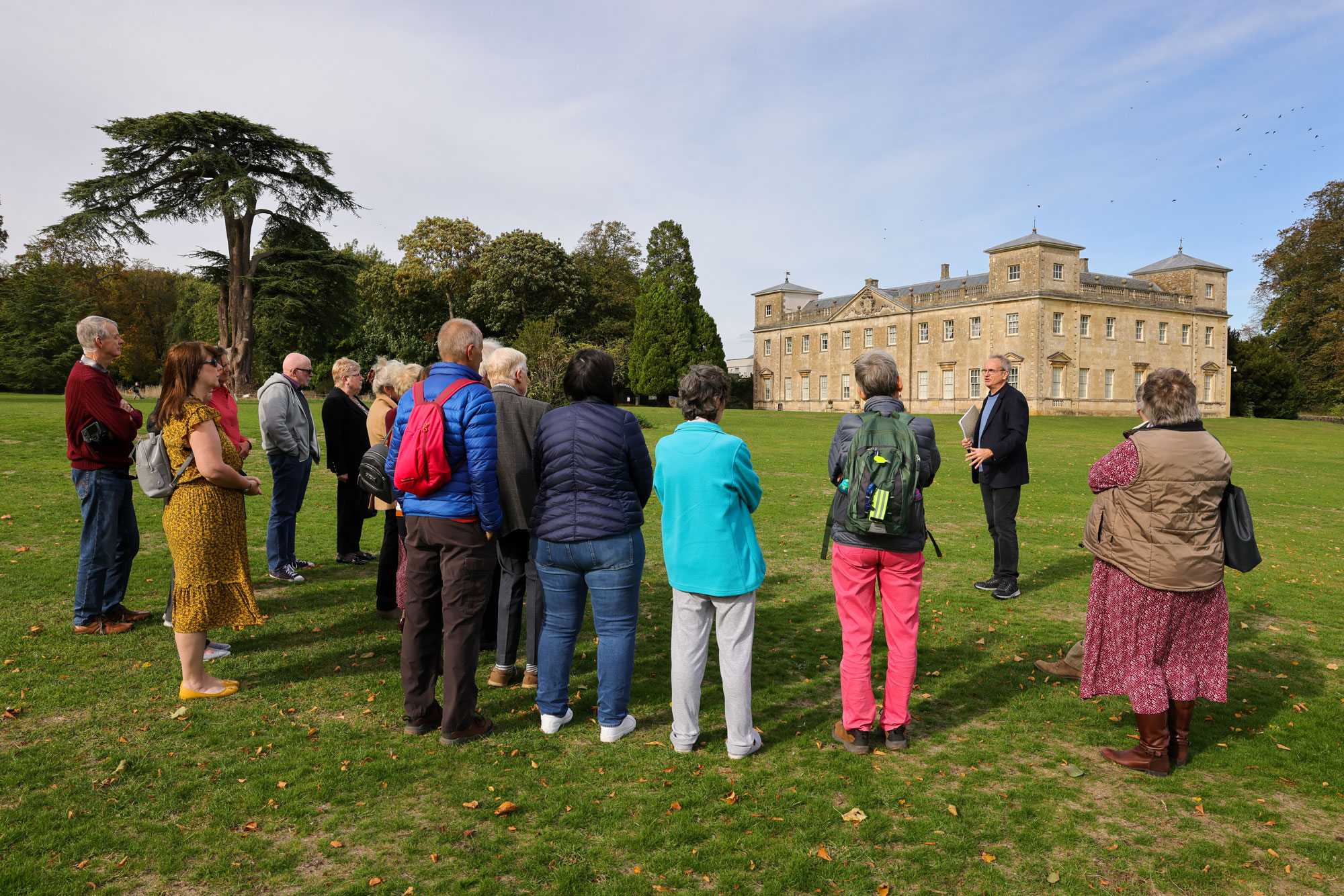
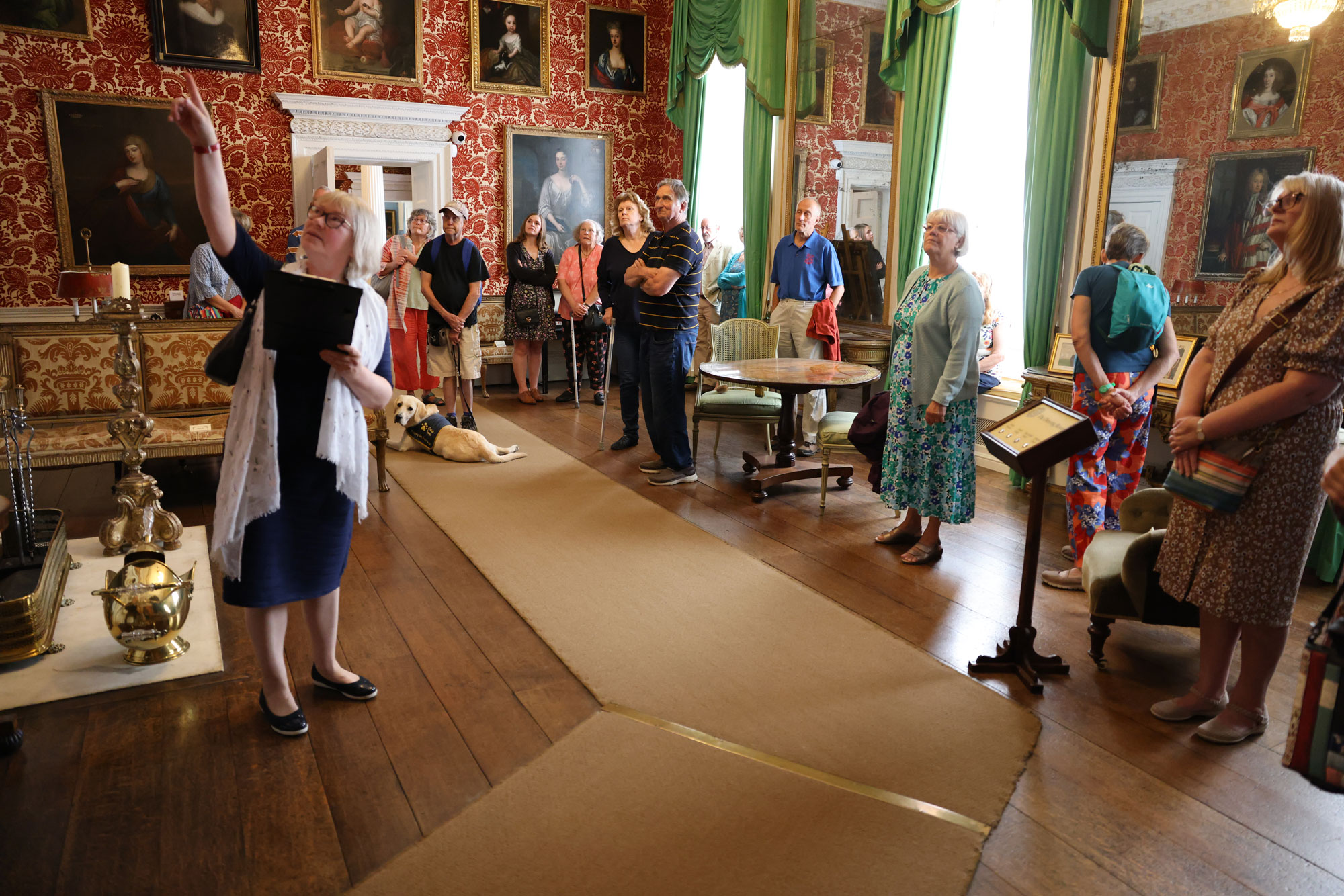
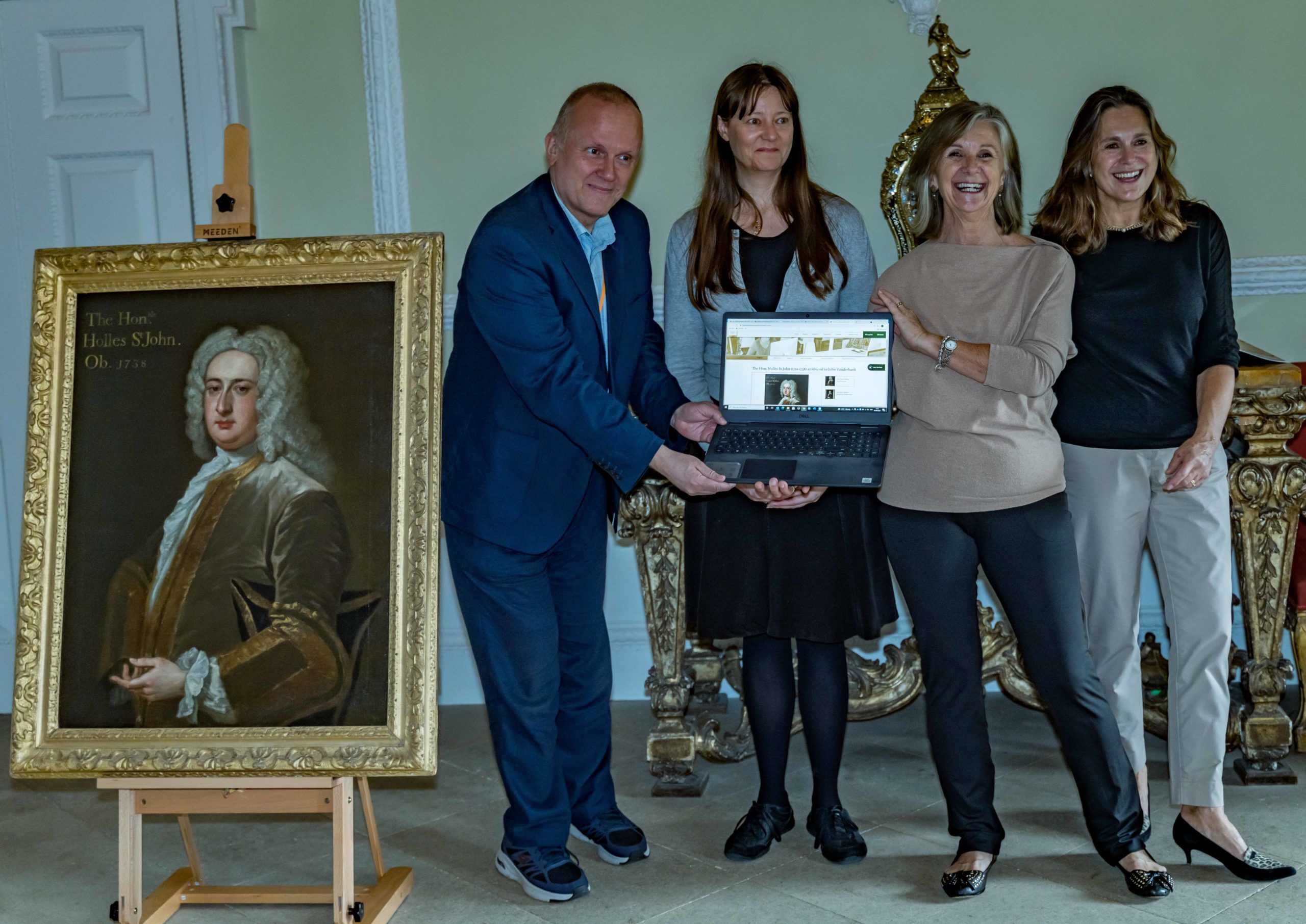
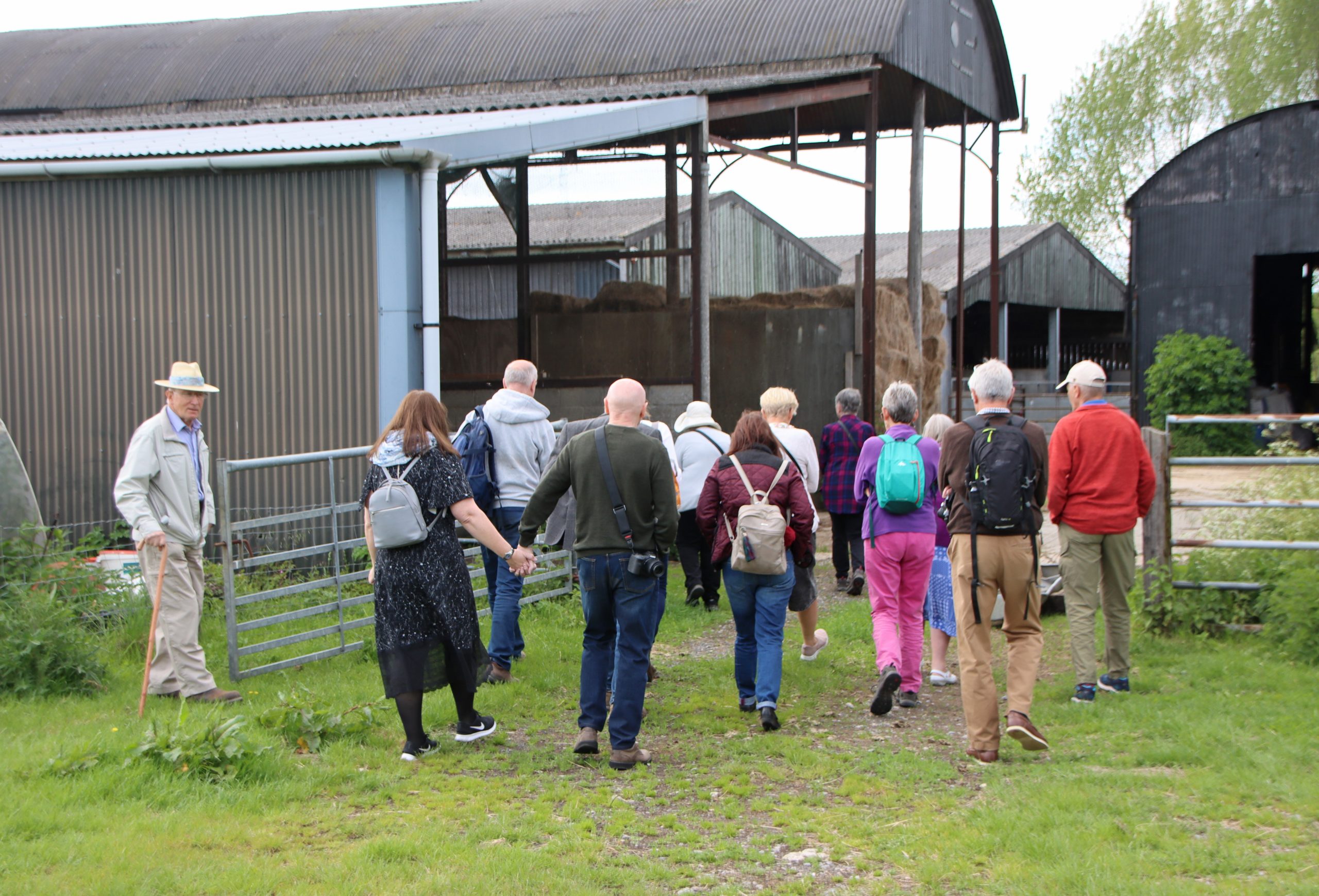
 The evening ends with a beautiful rendition of the famous carol, In the Bleak Midwinter
The evening ends with a beautiful rendition of the famous carol, In the Bleak Midwinter
Being a member of The Friends of Lydiard Park is a fab way of being informed of everything about Lydiard, past, present and future, with ample opportunities to take an active part in its upkeep and history.
By joining the Friends of Lydiard Park you will be part of a large sociable group helping to ensure that this important part of our local and national heritage is more widely recognised, enjoyed and preserved for future generations.